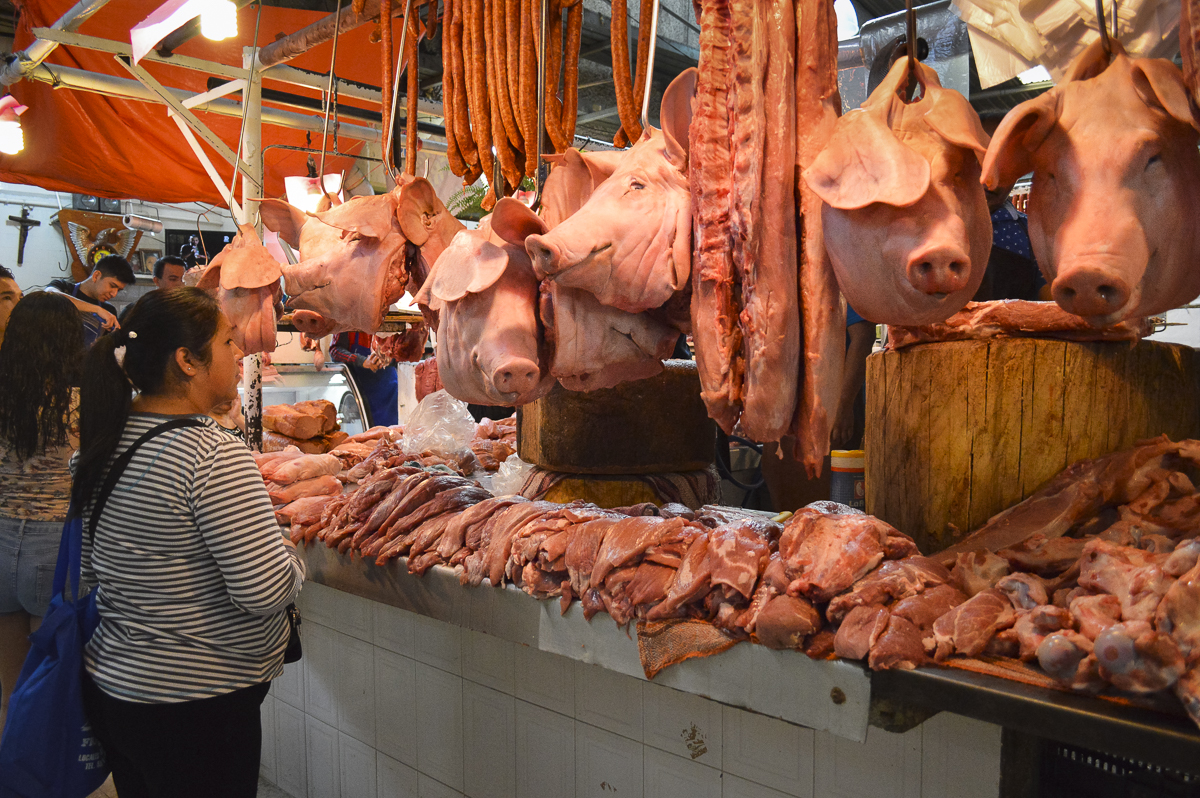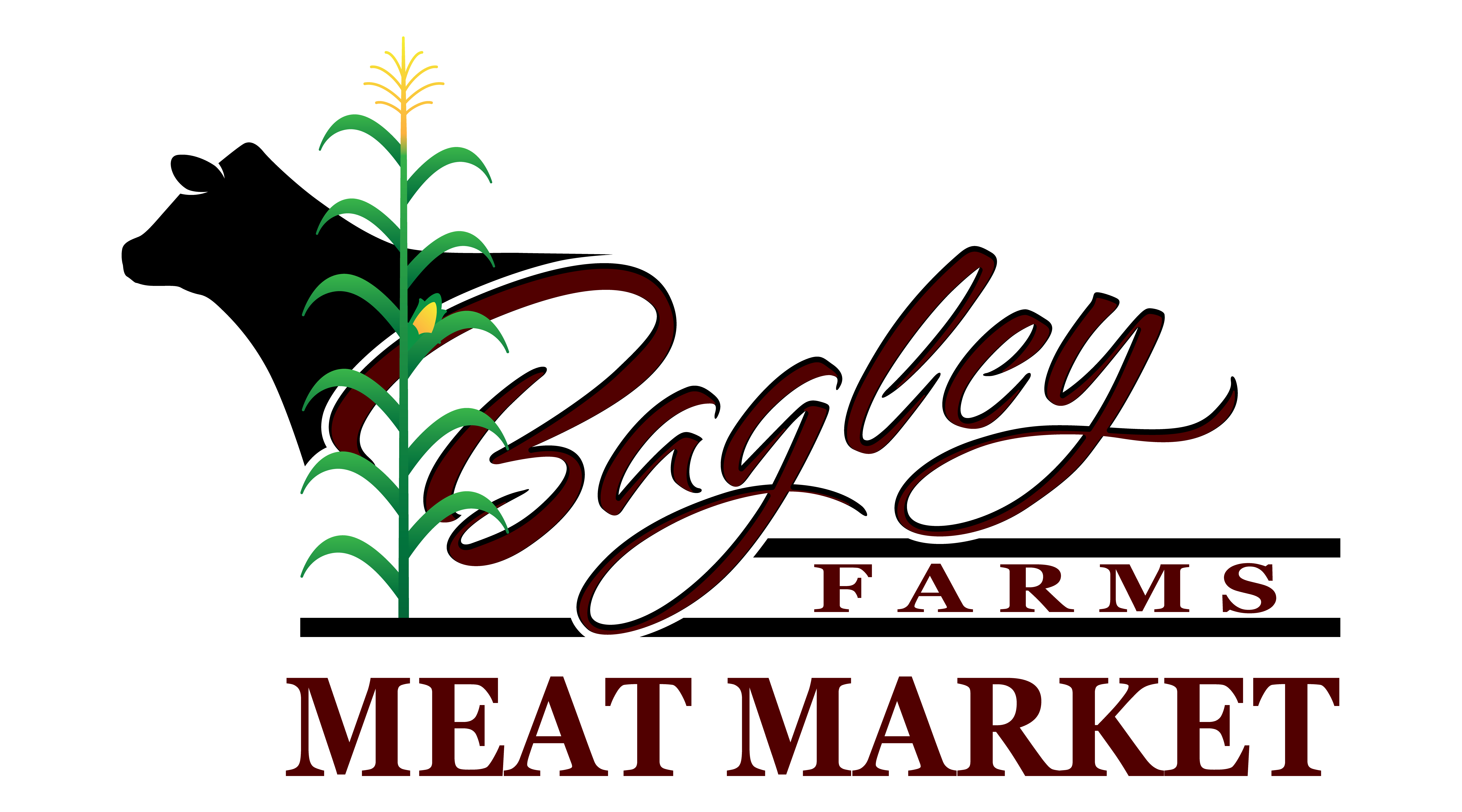Bagley Meat Market Edwardsville IL: Offering the Finest Meat Selection for Every Meal
Bagley Meat Market Edwardsville IL: Offering the Finest Meat Selection for Every Meal
Blog Article
Why Purchasing at a Neighborhood Meat Market Guarantees Fresh, High-Quality Cuts
Purchasing at a regional meat market uses unique advantages that frequently go unnoticed by consumers accustomed to bigger retail chains. These markets give straight access to fresh, premium cuts, a result of decreased transport time from farm to counter. This not just boosts flavor but additionally supports local farmers, cultivating neighborhood connections and sustainable techniques. Rigorous top quality control measures make certain that each purchase fulfills high criteria of security and quality. Yet, the ramifications of picking regional expand beyond prompt benefits, motivating a better examination of what this option truly indicates for both consumers and the regional economy.
Advantages of Neighborhood Sourcing
In the world of food procurement, the benefits of local sourcing stand apart prominently. By buying meat from neighborhood markets, customers gain direct access to products that are frequently fresher and much more tasty than those discovered in bigger, business grocery stores. Regional sourcing minimizes the moment and distance food travels from farm to table, which not only enhances taste but also preserves dietary worth.

Furthermore, regional sourcing typically supplies transparency pertaining to the origins of the meat. Customers can ask regarding the farming techniques made use of, animal well-being standards, and whether the meat is natural or grass-fed. This details encourages buyers to make educated decisions aligned with their values.
Top Quality Control Specifications
Local meat markets usually follow strenuous quality assurance criteria that make certain the products supplied satisfy high safety and security and freshness criteria. These standards normally encompass different phases of the meat production procedure, from sourcing to handling and storage.
First, neighborhood markets frequently establish rigid supplier criteria, ensuring that just respectable ranches and manufacturers are utilized - bagley meat market edwardsville il. This decreases the chance of contamination and advertises higher pet welfare requirements. Furthermore, several neighborhood meat markets implement routine assessments to validate that the meat is refined under hygienic conditions, even more lessening wellness threats
Temperature level control is an additional critical aspect of quality assurance. Local meat markets often keep an eye on refrigeration systems to preserve ideal storage temperatures, guaranteeing that meat stays risk-free and fresh for consumption. Furthermore, the application of traceability systems enables markets to track the origin of their products, giving openness and liability.
Lastly, team at regional meat markets are commonly trained to recognize indicators of wasting and comprehend proper handling methods. This commitment to quality control not just raises the overall criterion of the meat however also cultivates consumer trust, making regional meat markets a trustworthy resource for high-grade cuts.
Supporting Neighborhood Farmers
Supporting local farmers is necessary for promoting a sustainable food system and boosting neighborhood resilience. When customers choose to patronize local meat markets, they straight contribute to the source of incomes of farmers in their region. This not only supports the local economic situation however additionally strengthens the farming sector, making sure that it remains dynamic and sensible.


Moreover, sustaining neighborhood farmers fosters a sense of neighborhood and link in between producers and customers. It motivates transparency in food sourcing and imparts trust, as customers can develop connections with the people that elevate their food. This straight connection eventually causes an extra engaged and educated public, which is important for supporting for lasting agricultural practices in the future.
Lasting Practices
Sustainable techniques in meat markets play a vital function in promoting ecological stewardship and guaranteeing animal well-being. Local meat markets commonly focus on sourcing their items from farms that execute honest and sustainable farming methods. These techniques consist of rotational grazing, which aids keep dirt wellness and lowers carbon exhausts, together with lessening the use of prescription antibiotics and hormones in livestock.
Moreover, neighborhood meat markets normally highlight transparency in their supply chains. Consumers are provided with details pertaining to the origin of their meat, allowing them to make enlightened options that align with their worths. By supporting neighborhood farmers who practice sustainable approaches, consumers contribute to the preservation of biodiversity and the decrease of transportation exhausts connected with long-distance meat circulation.
Furthermore, many regional meat markets participate in waste decrease techniques, such as utilizing every component of the animal and advertising off-cuts that might or else go unsold. By fostering a much more sustainable approach to meat intake, these markets not just offer high-grade products however also add positively to the setting and pet well-being. Essentially, buying at a local meat market lines up customers with a broader motion in the direction of accountable and moral food sourcing.
Individualized Customer Support
Purchasing index at a meat market typically incorporates more than just the products used; it is additionally about the experience and the connections developed between consumers and team. Personalized customer support is a characteristic of neighborhood meat markets, establishing them aside from larger grocery store chains. Experienced team take the time to comprehend private client choices, making sure that each visit is tailored to specific needs.
Customers gain from experienced advice on cuts, cooking methods, and preparation tips, cultivating a feeling of trust fund and commitment. This tailored communication enables clients to ask concerns and look for referrals, causing notified getting decisions. Personnel often remember normal consumers and their preferences, creating a welcoming atmosphere that cultivates area ties.
Furthermore, personalized solution includes special demands, such as custom cuts or particular prep work techniques, which larger retailers might not accommodate. This degree of interest reinforces the dedication of local meat markets to top look at this web-site quality and client fulfillment.
Basically, individualized customer care not just improves the shopping experience however also makes certain that customers entrust the very best items suited to their cooking needs, making every visit a fulfilling one.
Conclusion
Supporting local farmers fosters community connections and enhances the regional economic climate, while sustainable methods contribute to environmental stewardship. In addition, personalized consumer solution improves the buying experience, making regional meat markets a favored option for consumers seeking both quality and ethical factors to consider in their food sourcing.
The effects of choosing local extend past prompt advantages, triggering a closer examination of what this selection absolutely indicates for both consumers and the local economy.
Sustaining neighborhood meat markets additionally contributes to the local economic situation. Regional meat markets often monitor refrigeration systems to keep optimum storage temperatures, making certain that meat continues to be fresh and risk-free for intake.Regional farmers are frequently more attuned to the details needs of their areas, raising and expanding crops animals that align with regional tastes and choices. Supporting neighborhood farmers promotes area connections and strengthens the regional economic situation, web while sustainable techniques contribute to ecological stewardship.
Report this page